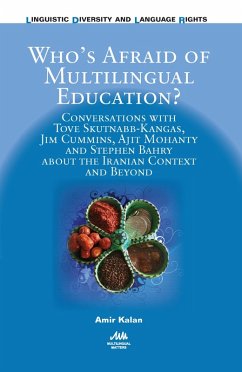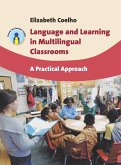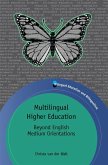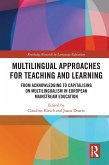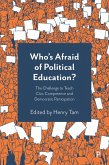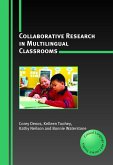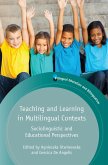More than 70 languages are spoken in contemporary Iran, yet all governmental correspondence and educational textbooks must be written in Farsi. To date, the Iranian mother tongue debate has remained far from the international scholarly exchanges of ideas about multilingual education. This book bridges that gap using interviews with four prominent academic experts in linguistic human rights, mother tongue education and bilingual and multilingual education. The author examines the arguments for rejecting multilingual education in Iran, and the four interviewees counter those arguments with evidence that mother tongue-based education has resulted in positive outcomes for the speakers of non-dominant language groups and the country itself. It is hoped that this book will engage an international audience with the debate in Iran and show how multilingual education could benefit the country.
Dieser Download kann aus rechtlichen Gründen nur mit Rechnungsadresse in A, D ausgeliefert werden.

